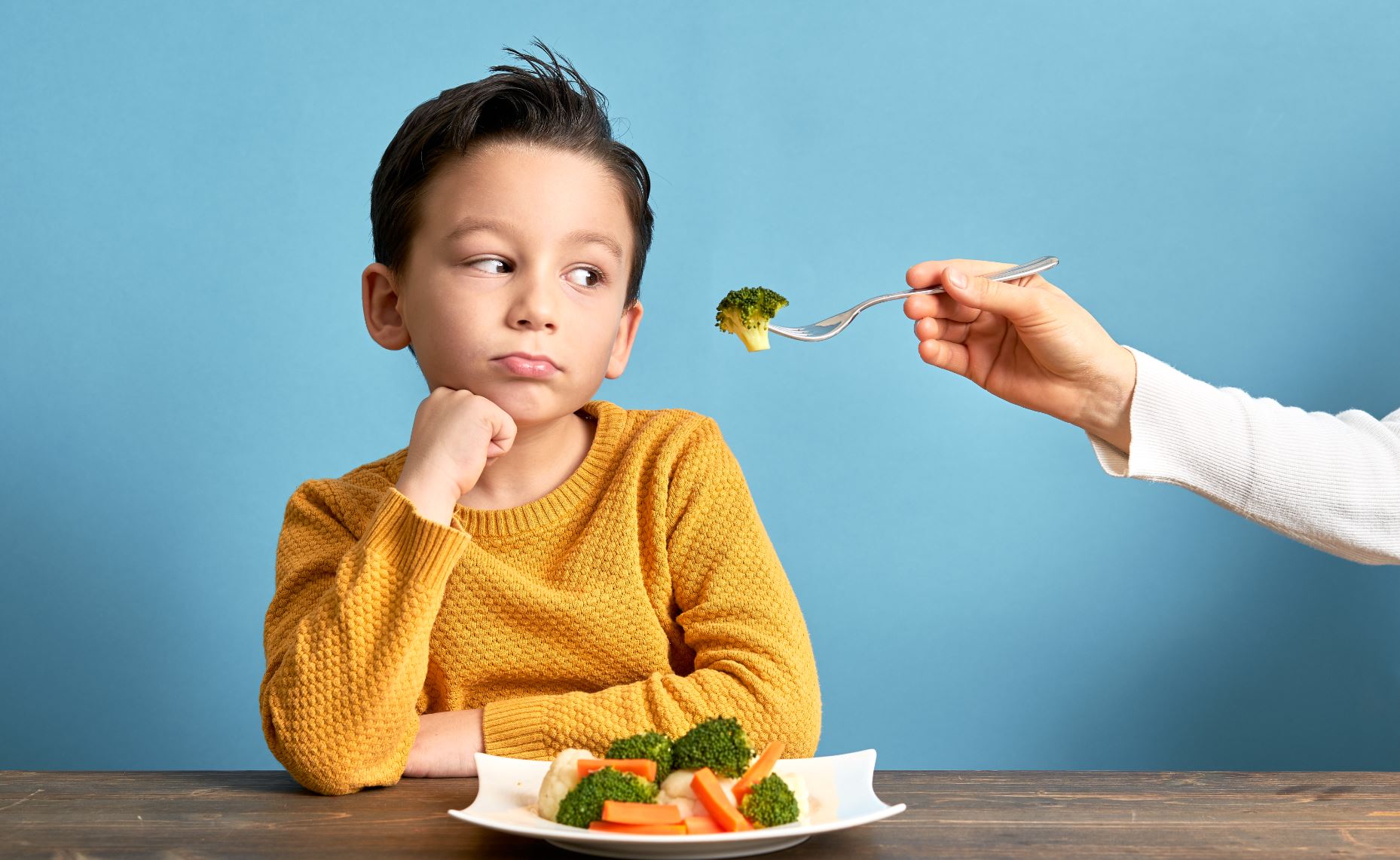Kids Influencers and Unhealthy Dietary Habits

‘Kids Influencers’ and Unhealthy Dietary Habits
The global pandemic due to Covid-19 has brought a drastic change in the digital era. The switch from traditional to the digital world has not only impacted adults but also the kids. With the growing trend of influencers, parents now perceive it as an opportunity and indulge their kids to the social media world.

Kids or young teenagers are now seen having their personal blogs – fashion, lifestyle, food.
As it fascinates the audience, there are many YouTube, Instagram based handles for the same. It was observed that the highest-paid YouTube influencer of the past two years was an eight-year-old who earned $26 million last year. While Chef Kobe, the one-year-old Instagram sensation has been entertaining over 1.3 million followers with his cuteness, there are other kids who might be leaving a bad impact on other kids’ food meals.
“It really was unhealthy brands by a landslide, and that was the most shocking part,” said Marie Bragg, an author of the study and assistant professor of public health nutrition at New York University’s School of Global Public Health and Langone Medical Center.

According to researches, the most-watched-video category among kid's influencers remains to be of food wherein the promotion of junk food like chocolate bars, cheeseburgers, candies happens. Also, it’s observed that 1 out of 3 kid influencers has been promoting unhealthy food chain. To the defence of food marketing, here are some statements made by a few brands:
“McDonald’s USA does not partner with kid influencers under the age of 12 for paid content across any social media channels, including YouTube, and we did not pay or partner with any of the influencers identified in this study,” according to a statement made by the company.
“The Coca-Cola Company is committed to responsible marketing, and we do not market directly to children under 12,” according to a statement from the company. “Specifically, we do not buy advertising targeted at audiences that are more than 35 per cent children under 12. This includes marketing across television, radio, print, the Internet and mobile phones. We also do not hire child influencers.”
While the French Law has already imposed a new change w.r.t kids influencers stating it as an act of child labour, similar restrictions are being observed in different parts of the world.
There is no denial of how these young influencers are becoming Master Chefs but the temporary fame is leaving behind a lifetime of obesity to the entire young community.
The world needs these kids to use digital media as a source of spreading healthy habits instead of discouraging the same.